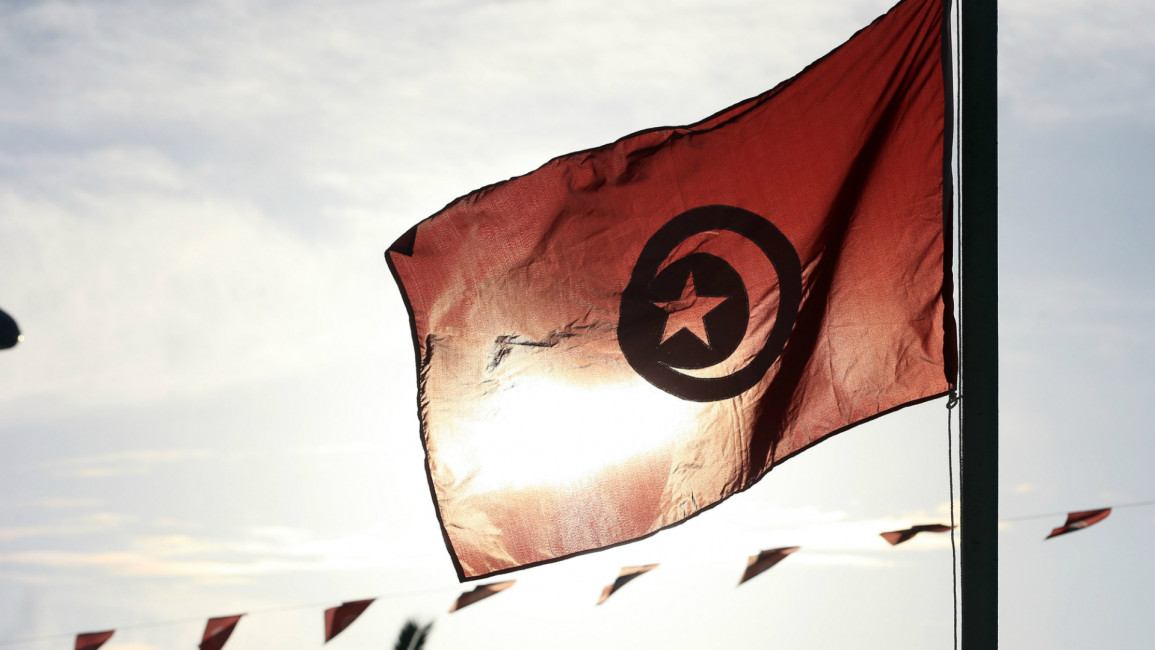Tunisia hopes Libya stability could bring economic relief
After years of war in Libya, Tunisian traders celebrated the reopening of the border with their oil-rich North African neighbour as a positive sign they hoped would stimulate economic growth.
In the hardscrabble Tunisian coastal town of Ben Guerdane, some 30 kilometres (18 miles) from Libya's frontier, merchant Jaafar Ben Ali said it was a big relief.
"Now that the war (in Libya) is over, and that the borders are open, it is much easier," said Ben Ali, who crosses to Libya to buy Turkish-made blankets. "I do a round-trip in a day."
Tunisia's economy has lurched from crisis to crisis since the country's 2011 revolution, most recently due to the coronavirus pandemic and lockdown measures.
But it was also hit by the impact of war next door in Libya, where a decade of conflict raged ever since the 2011 uprising that killed dictator Moamer Kadhafi.
One United Nations study estimated the Libyan crisis was "responsible for 24 percent of the deceleration of economic growth" in Tunisia from 2011-2015.
That was equivalent to a loss of $880 million per year, or two percent of Tunisia's GDP, the UN said.
The town of Ben Guerdane, in Tunisia's under-developed and impoverished southeastern region, felt the impact harder than most.
For years, Tunisian authorities had turned a blind eye to smuggling, partly because of the dire economic situation in the border region.
But in 2016, after a jihadist attack claimed by a Libyan branch of the Islamic State group, Tunisia imposed stricter controls, sparking protests.
In 2018, Libyan authorities closed the border for more than six weeks to rein in the smuggling of fuel and other items, again triggering demonstrations in Ben Guerdane.
In 2019, trade took another blow, when fighting in Libya raged close to the border.
Then, just as violence in Libya subsided last year, the border was shut for eight months to stem the spread of Covid-19.
The consequences were "catastrophic", Ben Guerdane mayor Faathi Aaboud said, adding that the town's "revenues in 2020 were cut in half".
Now Tunisian traders now are hoping for better times ahead.
In March, a new Libyan unity government was sworn in, and in June, Libya's coastal road -- linking Tunisia in the west to Egypt in the east -- reopened after two years being closed due to fighting.
Colourful blankets and shimmering curtains made in Turkey are back on sale in the markets of Ben Guerdane, alongside household appliances and tyres from China or South Korea.
In May, Tunisian Prime Minister Hichem Mechichi visited the Libyan capital seeking to boost economic cooperation.
TunisAir became the first foreign carrier to resume flights to Libya since the 2011 conflict, with talks ongoing to establish a sea ferry.
"We are moving on the right path," said Anis Jaziri, a prominent Tunisian entrepreneur who heads the Tunisia Africa Business Council.
"But we hope that the situation in Libya will remain stable."
However, Tunisian economist Ezzedine Saidane warned a political crisis in Tunis could undermine the country's trade efforts.
Authorities, he said, "don't have a Libya strategy".
The challenges are not over, as Libya has once again closed its border for two weeks following a surge of coronavirus cases in Tunisia.
cnp/vg/hkb/pjm/rbu


![Minnesota Tim Walz is working to court Muslim voters. [Getty]](/sites/default/files/styles/image_684x385/public/2169747529.jpeg?h=a5f2f23a&itok=b63Wif2V)




![An Israeli air strike on Jabalia killed teenage journalist Hassan Hamad [Screengrab/X]](/sites/default/files/styles/image_330x185/public/2024-10/hassan%20hamad1.jpg?h=c12e0b96&itok=Rd_dyCVp)

![Israeli strikes on Beirut [Getty]](/sites/default/files/styles/image_330x185/public/2176155077.jpeg?h=a5f2f23a&itok=Xq7ypWgM)